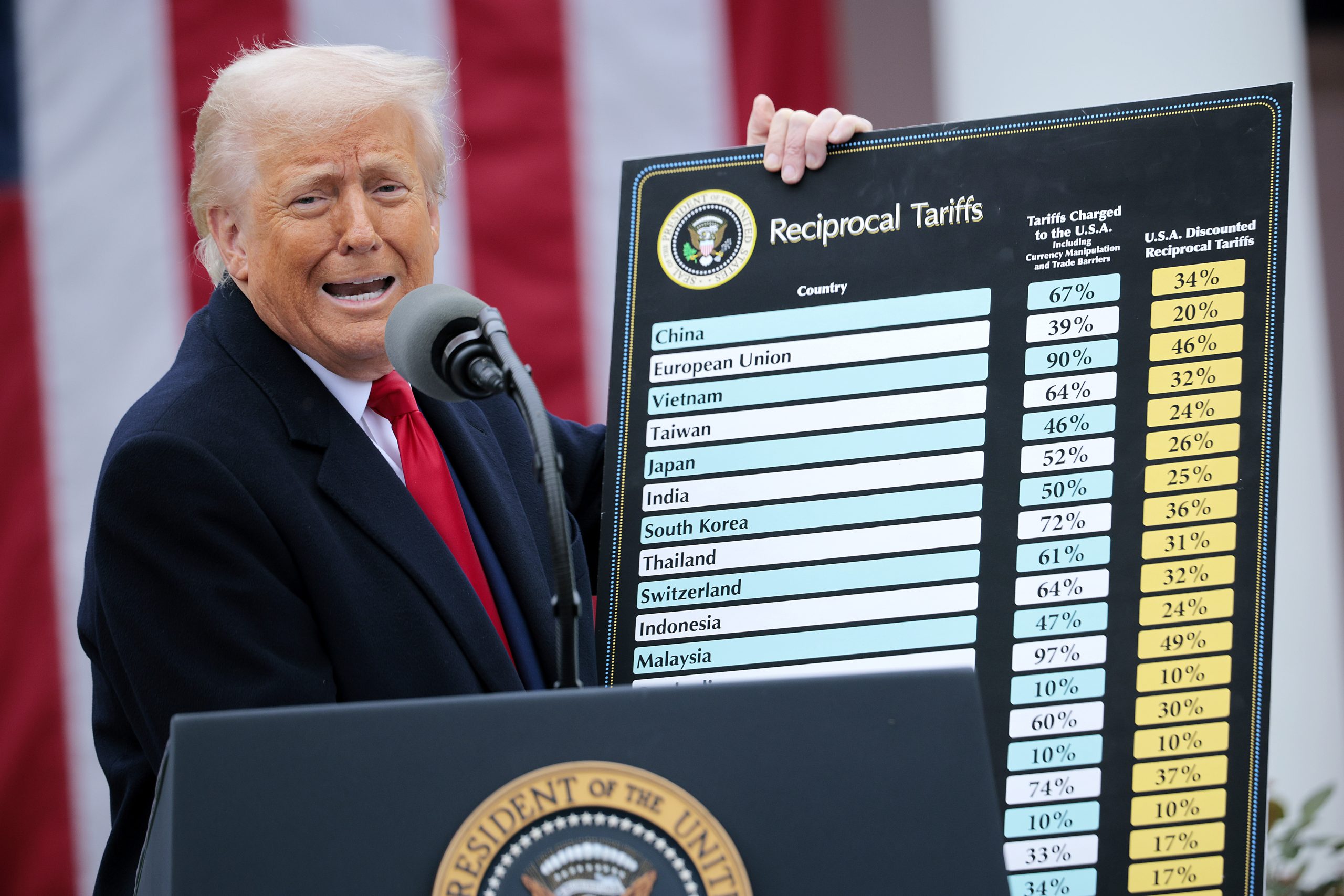Supreme Court Hears Arguments on Presidential Tariff Authority
The Supreme Court recently heard oral arguments in a case challenging the legality of former President Donald Trump’s use of emergency powers to impose tariffs on over 100 countries. Trump himself characterized the case as a matter of “literally, LIFE OR DEATH for our Country,” underscoring the high stakes involved. Beyond the immediate economic implications, the case raises fundamental questions about the scope of executive power and the judiciary’s role in checking the administration.
A Test of Executive Authority
At the heart of the legal challenge is whether the President can unilaterally impose tariffs under the guise of national emergency powers. The Trump administration argued that these tariffs were necessary to protect national security and promote fair trade practices. Critics, however, contend that the tariffs were a protectionist measure that harmed American consumers and businesses.
The Supreme Court’s decision will have far-reaching consequences for the balance of power between the executive and legislative branches. If the Court upholds Trump’s actions, it would set a precedent for future presidents to use emergency powers to enact trade policies without congressional approval. Conversely, a ruling against Trump would reaffirm Congress’s authority over trade and limit the president’s ability to act unilaterally.
Conservative Justices Skeptical
Based on the tone and tenor of the questioning during oral arguments, several of the conservative justices appeared skeptical of the Trump administration’s arguments. This suggests that the Court may be inclined to rule against Trump, potentially delivering a significant blow to his legacy and setting limits on executive power.
A ruling against Trump would not only impact his economic policies but could also constrain future administrations from using tariffs as a primary foreign policy tool. This would force policymakers to rely on more traditional diplomatic and legislative avenues to address trade imbalances and national security concerns.
Conclusion: The Future of Trade Policy
The Supreme Court’s decision in this case will have a profound impact on American foreign policy and the separation of powers. Regardless of the outcome, the case highlights the importance of judicial review in safeguarding constitutional principles and ensuring that executive power is not unchecked. The ruling will undoubtedly shape the future of trade policy and the role of the president in shaping it.
Based on materials: Vox





